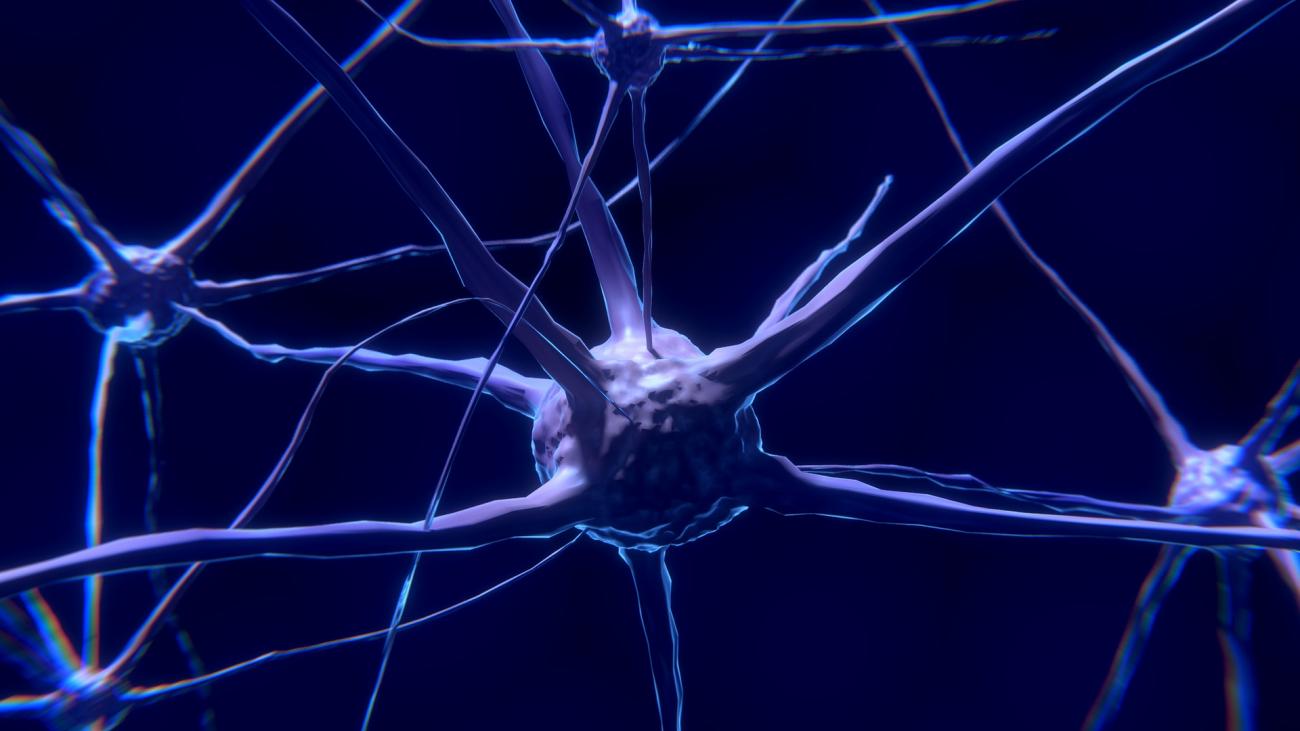Title: Towards a computational social and affective neuroscience
Emotions reflect coordinated, multi-system responses to events and situations relevant to survival and well-being. These responses emerge from appraisals of personal meaning that reference one’s goals, memories, internal body states, and beliefs about the world. Dysregulation of emotions is central to many brain and body-related disorders, making it of paramount importance to understand the neurobiological mechanisms that govern emotional experiences. Unfortunately, the field of emotion has struggled to reliably elicit and measure affective experiences, which has limited theoretical developments. One of the main focuses of our laboratory is to use a computational cognitive neuroscience framework to develop models of affective experiences. In this talk, I will provide two different examples of how we have been attempting to model emotions. First, I will present work that uses psychological game theory to model how emotions such as guilt can impact decision-making in social contexts. Second, I will present examples of how we can combine naturalistic elicitation of feelings with pattern-based neuroimaging analyses to develop brain-based models of affect. These models appear to generalize across individuals and can aid in revealing the temporal dynamics of individual affective experiences. We hope that this interdisciplinary work will aid in facilitating a more cumulative and extensible science of emotion.
Dr. Luke Chang is an Assistant Professor of Psychological and Brain Sciences at Dartmouth College.
NACS Seminars are free and open to the public.




